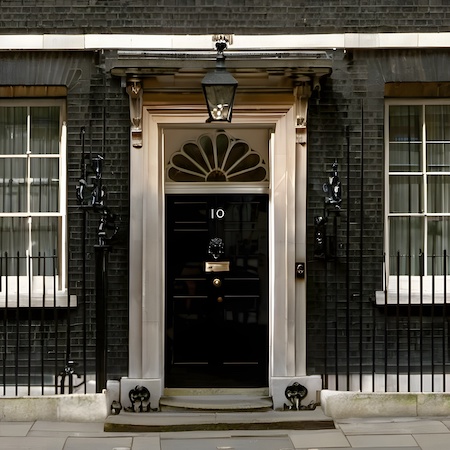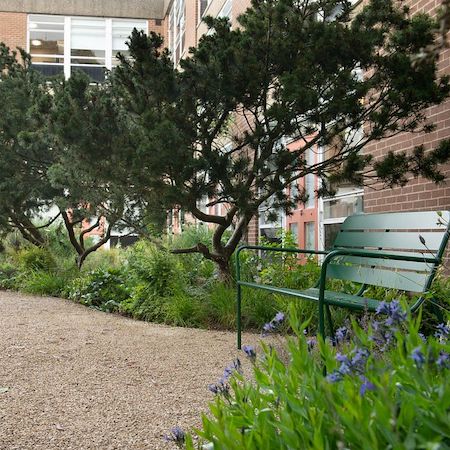A £5.7m cross-governmental funded project reveals the extent to which prescribing nature can improve happiness and reduce anxiety. With an average cost of £507 per participant, researchers also found Green Social Prescribing to be a cost-effective method of supporting people across a wide spectrum of mental health needs. That’s when compared to other interventions, such as Cognitive Behavioural Therapy (CBT), behavioural activation, and early intervention for psychosis and collaborative care for depression.
The report for the Department for Environment, Food & Rural Affairs (Defra) examines the effectiveness of Green Social Prescribing in tackling and preventing mental ill health. The research was led by the University of Exeter, in partnership with Sheffield Hallam University, the University of Sheffield and University of Plymouth.
Green Social Prescribing is the practice of supporting people with mental health needs to engage in nature-based activities. Referrals will typically come from GPs, community mental health teams, and social workers, but people can also self-refer.
Social Prescribing Link Workers, and other trusted professionals, then connect people to community groups and agencies for practical and emotional support. There are many different types of nature-based activities and therapies, including conservation, horticulture and gardening, care farming, exercise and sports, talking therapies in the outdoors, and alternative therapies in the outdoors.
Researchers stress that further investment is now required by the health system to support these organisations, their staff and volunteers, alongside commitment from policymakers to understand the needs of communities and invest in organisations providing nature-based activities.
Baroness Hayman of Ullock, Minister for Access, Department for Environment, Food & Rural Affairs, says the Government is committed to finding ways to help more people experience the benefits of nature. She says: “We will create nine new National River walks and plant three new National Forests, while considering ways to build on the green social prescribing programme to help more people improve their mental health through nature."
In total, 8,339 people with mental health needs took part in nature-based activities at seven Green Social Prescribing Project Test and Learn pilots across England. Compared to many other social prescribing initiatives the project reached a broader range of people, including children and young people aged under 18, ethnic minority populations (21%), and people from socio-economically deprived areas (57%).
Prior to accessing nature-based activities participants’ happiness, anxiety, life satisfaction and feeling that their life was worthwhile was worse than the national average. After taking part in the project this had improved so that their happiness and anxiety was in line with the national average. Their levels of life satisfaction and feeling that their life was worthwhile had also improved significantly.
Funding for the project was provided by HM Treasury’s Shared Outcomes Fund and various central government departments and external agencies. Partners included: Department of Health and Social Care, Department for Environment, Food and Rural Affairs, Natural England, NHS England, NHS Improvement, Public Health England, Sport England, Department for Levelling Up, Housing & Communities and the National Academy for Social Prescribing.










